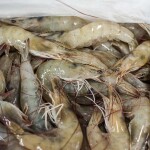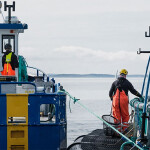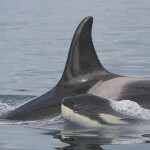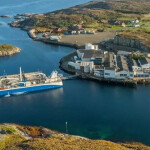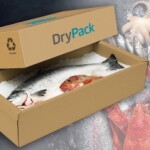Sustainability journey of Peru’s artisanal mahi mahi fishery to be spotlighted in Boston this March
Sponsored
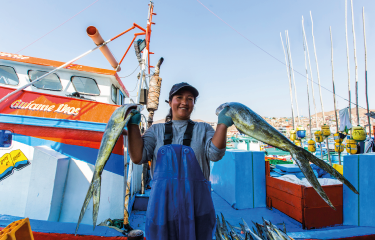
The last decade has seen Peru’s artisanal mahi fishery rise in commercial and economic importance, with the sector mobilizing more than 10,000 fishermen along the country’s coast and generating nearly USD 100 million (EUR 91.8 million) in exports per year, according to the Commission for the Promotion of Peruvian Exports and Tourism (PROMPERU).
Peru’s second most important fishery, the country’s mahi trade is responsible for 50 percent of the species’ landings worldwide, per data from Food and Agriculture Organization of the United Nations (FAO) and the Ministry of Production (Produce). Approximately 3,500 artisanal Peruvian vessels are dedicated to mahi extraction, representing 70.34 percent of annual income in FOB value between 2000 and 2022, PROMPERU told SeafoodSource.
More than 75 percent of Peru’s mahi exports go to the United States, PROMPERU noted, with the species often served in restaurants, “where it is necessary to incorporate traceability practices to guarantee the product.” The species boasts many health benefits, as it is low in saturated fat and is considered a good source of vitamin B12, phosphorus, potassium, and protein, according to NOAA.
"The growing demand from the international market for sustainable fisheries as a determining factor in purchasing decisions is one of the factors that has encouraged different participants in the Peruvian fishing sector to improve their practices," PROMPERU Deputy Director of Trade Promotion for the Export Division Sayuri Sakihama said.
The current success of the fishery is linked to the creation of a fishery improvement project (FIP) in November 2013, which made it possible to address the necessary aspects to strengthen the management of the fishery.
“The FIP seeks the conservation and sustainable management of the mahi resource, ensuring the work of thousands of families that depend economically on this fishery,” PROMPERU explained. “The active participation of the participants in the production chain has been crucial.”
The FIP has facilitated several key achievements for Peru’s artisanal mahi industry, including the establishment of the Peru Mahi Alliance (PMA) in 2019. A collective of 15 main mahi processing and exporting companies, the PMA was created to achieve sustainability and Marine Stewardship Council (MSC) certification of the fishery through the joint work of all those involved, promoting and implementing initiatives that help conserve this resource.
"It is essential to promote sustainability through collaborative work among all the participants in the production chain, such as the state, the business sector, artisanal fishermen, and importers, among others. These efforts are being materialized through the mahi mahi FIP to obtain MSC certification," PMA Secretary Francisco Vía added.
Another main initiative carried out via the FIP was the approval of the Fisheries Management Regulation (ROP) of mahi in 2021, which establishes principles, standards, and regulatory measures for the fishery based on biological, economic, and social information.
Strengthening efforts are being applied to mahi research, with the PMA working in collaboration with the Peruvian Sea Institute (IMARPE) in various capacities to satisfy this aim. The partners have rolled out the Sample Donation Program and have implemented monitoring through cameras and electronic logbooks, helping to fill information gaps with real, quality data on the species resource.
PROMPERU and the PMA will be exhibiting and presenting at Seafood Expo North America for the third consecutive year, they confirmed, at Booth #2513. The presentation is set to take place at the Boston Convention and Exhibition Center (BCEC) on 10 March, 2024, at 3:30 p.m., and will explore efforts in place for the sustainable management of the Peruvian mahi fishery and responsible sourcing techniques.
"The path to the sustainability of the mahi fishery has taken its first big steps in recent years and it is now essential to promote the commitment of all the participants involved to implement the pending actions in favor of the conservation of the resource. We seek to obtain the maximum environmental, economic, and social benefits for the present and future," WWF Peru’s Gilary Morales said.

